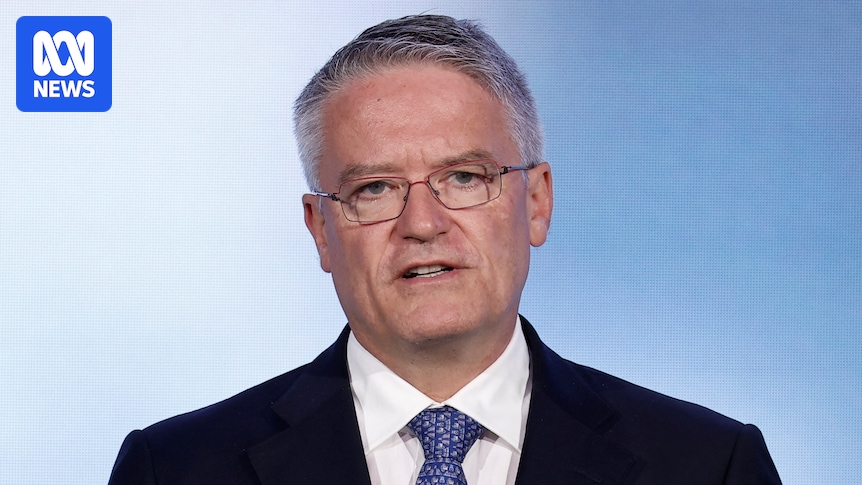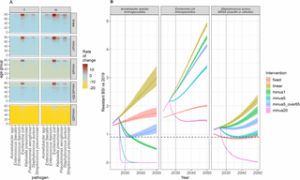
Mathias Cormann, the Secretary-General of the Organisation for Economic Co-operation and Development (OECD), has encouraged Australians to remain open-minded about nuclear power, emphasizing that there is nothing “inherently partisan” about the energy source. His comments come as the Albanese government approaches a critical juncture in setting its next internationally binding climate target.
Speaking from Paris, Cormann also expressed support for Australia’s current 2030 emissions reduction target, describing it as “well on track.” He urged the government to adopt an economically responsible and “globally effective” target for 2035. Additionally, he advised the Reserve Bank of Australia to exercise caution in cutting official interest rates, given persistent inflation concerns.
Climate Targets and Political Implications
The Australian government is on the verge of announcing its new climate target amid intense debate over its level of ambition. Emissions have decreased by 28 percent from the baseline year of 2005, a figure that has seen little change over the past three years. The current target aims for a 43 percent reduction by 2030.
Cormann, a former Coalition finance minister and Western Australian senator, refrained from commenting on the Liberal Party’s current internal challenges. However, he suggested that the Coalition adhere to its international climate commitments, including the Paris Agreement signed under former Prime Minister Tony Abbott.
“Australia signed on to that commitment back in 2016. We’re part of a global effort to tackle climate change,” Cormann stated during an interview with 7.30 on Thursday.
He further emphasized the importance of making public policy choices that meet climate objectives while preserving economic opportunities for Australians and the global community.
The Nuclear Energy Conversation
Nuclear power has been a contentious topic in Australia, particularly highlighted by Peter Dutton’s advocacy during the May election. Cormann acknowledged that nuclear energy would remain “part of the conversation” internationally, as it has been for several years.
Following a significant electoral defeat, the Coalition, now led by Sussan Ley and David Littleproud, is reviewing its positions on net zero and nuclear energy. Cormann distanced himself from partisan debates but noted the global trend of governments, regardless of political affiliation, pursuing increased nuclear capacity.
“We’re having the conversation now and certainly in the context of wanting to preserve international competitiveness, wanting to ensure energy security and reliability, affordability, and meeting climate objectives,” he remarked.
Economic Caution and Interest Rates
Turning to economic matters, Cormann advised prudence regarding potential rate cuts by the Reserve Bank and government budget decisions. He indicated that the OECD does not see a need for numerous rate cuts, given the current global economic climate.
“In a general sense, what we would say is that it’s appropriate for monetary and fiscal policy to remain prudent in the current global economic context,” Cormann explained. “And so in that sense, I’m sure that the Reserve Bank in Australia is reviewing all of the data very carefully and making appropriate decisions at the appropriate time.”
Cormann’s reappointment as OECD chief for a second five-year term in July underscores his continued influence in international economic and environmental policy discussions.
Looking Ahead
The unfolding debate over Australia’s climate targets and energy policies will likely shape the nation’s economic and environmental landscape in the coming years. As the government prepares to announce its next climate target, the balance between ambition and practicality remains a focal point of discussion.
Meanwhile, the conversation around nuclear energy continues to evolve, with implications for Australia’s energy security and international competitiveness. As these discussions progress, the insights and recommendations from influential figures like Mathias Cormann will play a crucial role in shaping policy decisions.






